Conservation
All Conservation Content
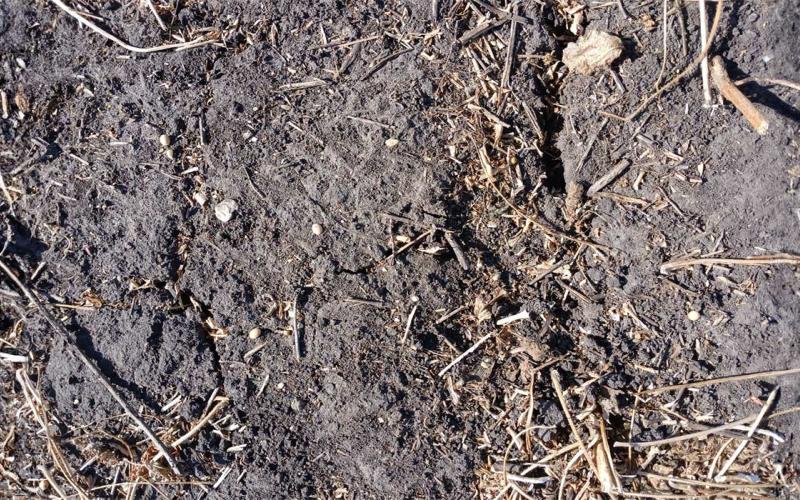
Fall Tillage: Please Don’t Think About It
Conducting fall tillage results in lost topsoil, soil nutrients, and soil moisture. This ultimately leads to reduced soil productivity and profitability. An easy way to conserve topsoil and water resources is to skip fall tillage.
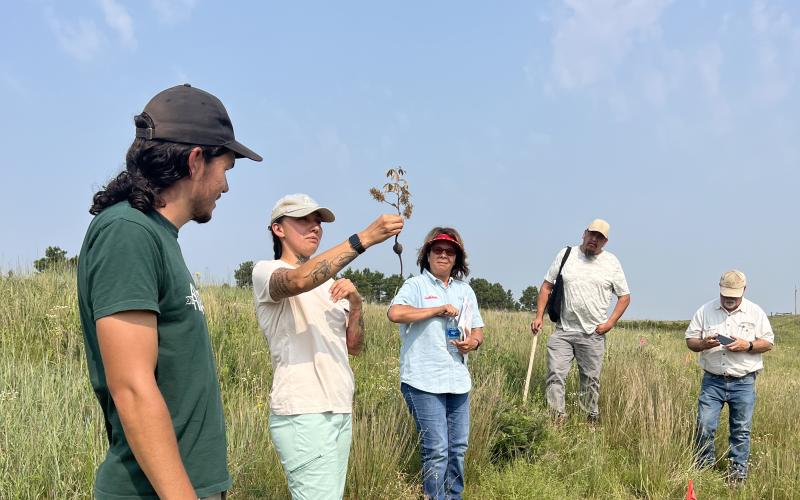
Nearly 75 attend 7th annual Rosebud Range Workshop
August 07, 2024
Nearly 75 youth and adults attended the seventh annual Rosebud Range Workshop on July 24, 2024, at the Rosebud Sioux Tribal Ranch.

An Update on Agricultural Carbon Markets
Agricultural carbon credits have recently re-emerged as a topic of discussion, and this time in a different policy and demand environment compared to the early 2000s.
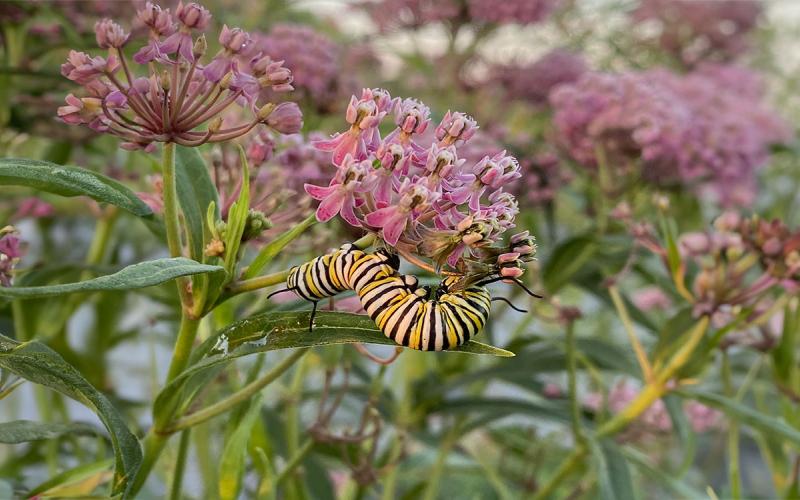
Range Roundup: SDSU Native Plant Initiative Strengthens Conservation and Supply of Native Plants
SDSU’s Native Plant Initiative has been hard at work on research that focuses on the conservation and supply of native plants.
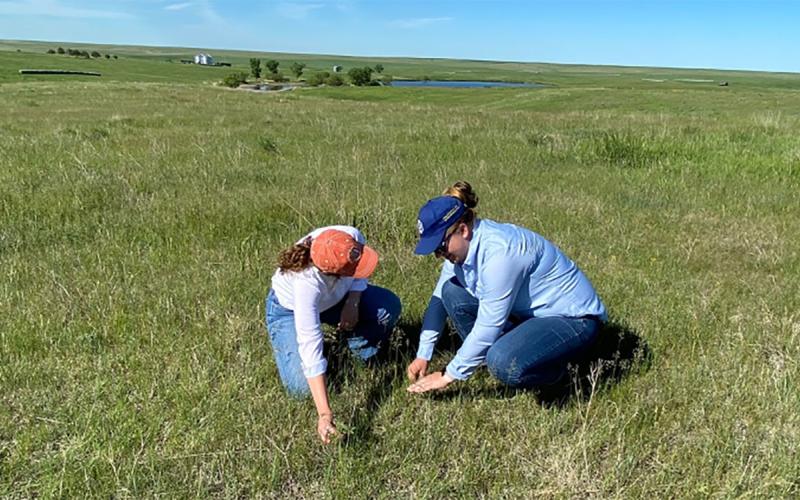
Range Roundup: South Dakota Women on the Range
With the percentage of women in agriculture expected to grow over the next few years, SDSU Extension will be launching a new program called South Dakota Women on the Range. The program will educate women about the importance of range management, while also empowering them to become leaders in the agriculture industry.
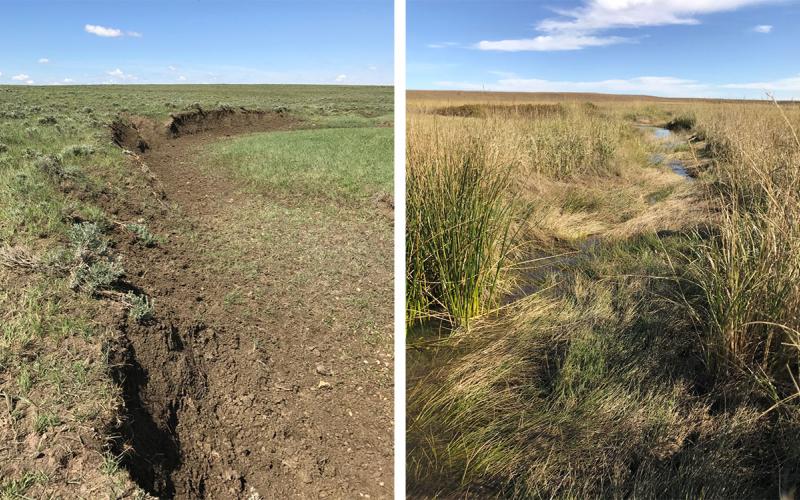
Ranching and Prairie Streams: What Healthy Riparian Areas Mean for Your Ranch
Prairie streams and their associated riparian areas can provide numerous ecosystem services to a ranching operation.
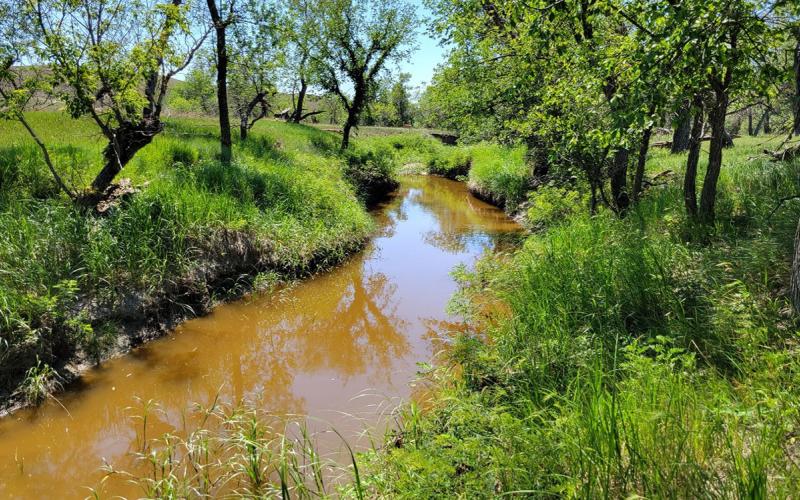
Ranching and Prairie Streams: Why Riparian Areas Matter
For many producers, riparian pastures are essential to their operations. However, land managers need to balance grazing and utilization needs with riparian health for the long-term benefit of their operation.
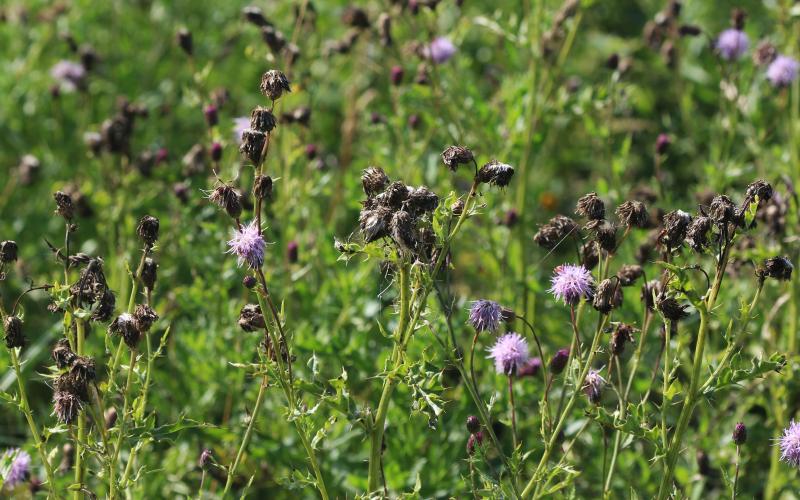
Current State of Noxious Weed Management in South Dakota
Results of an online survey to determine how South Dakota stakeholders are currently managing noxious weeds.
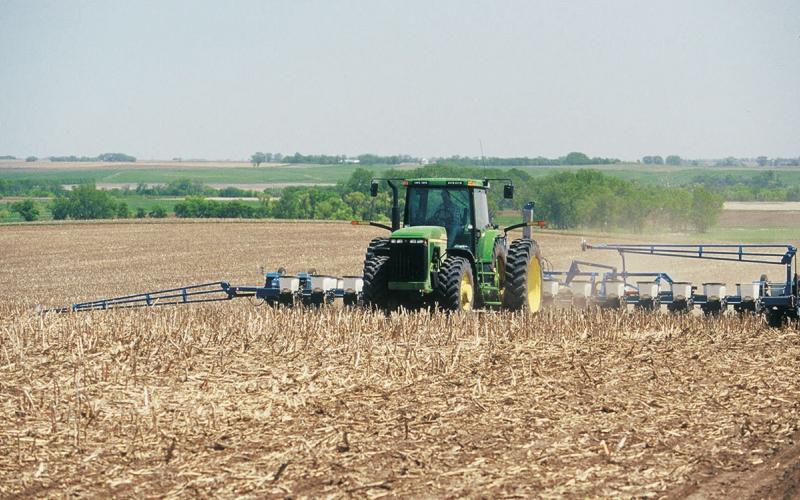
Conservation Practices Increasing in South Dakota
The recently released Agricultural Census data of 2022 shows that the share of cropland acres under conservation practices has continued to increase in South Dakota.

Carbon Markets and Beef Production: Overview
Learn about the Carbon Markets and Beef Production program, which aims to demystify many of the aspects of greenhouse gas emissions, climate-smart agriculture practices, and carbon markets for producers and landowners.